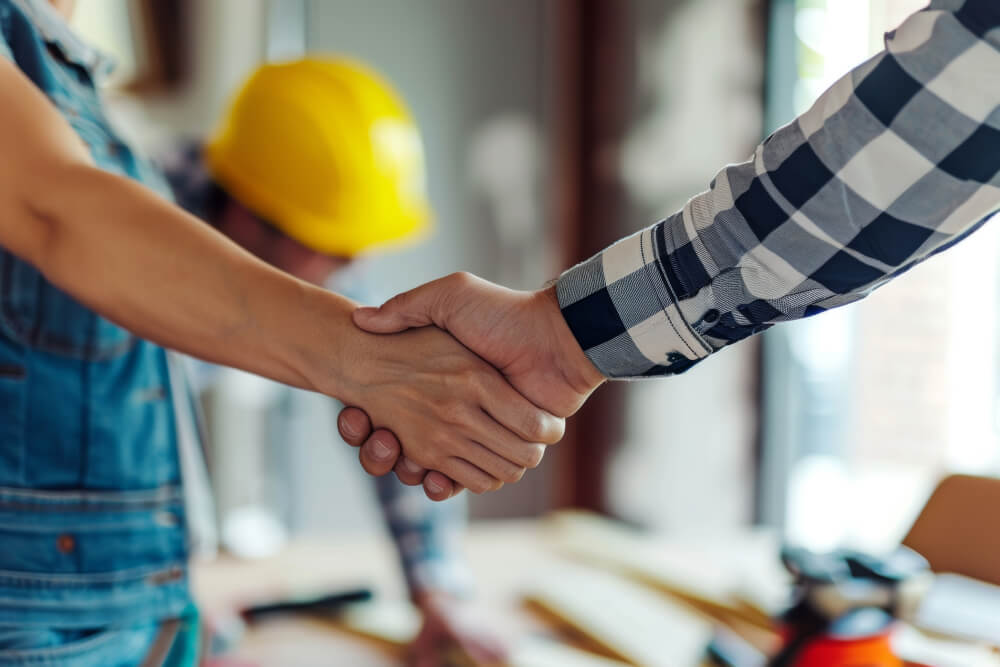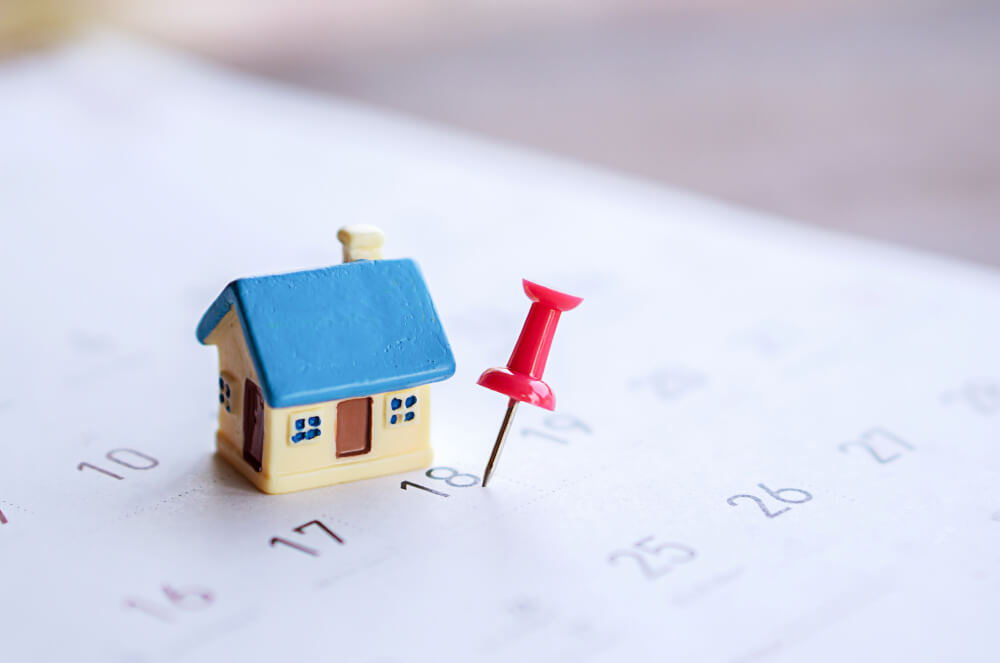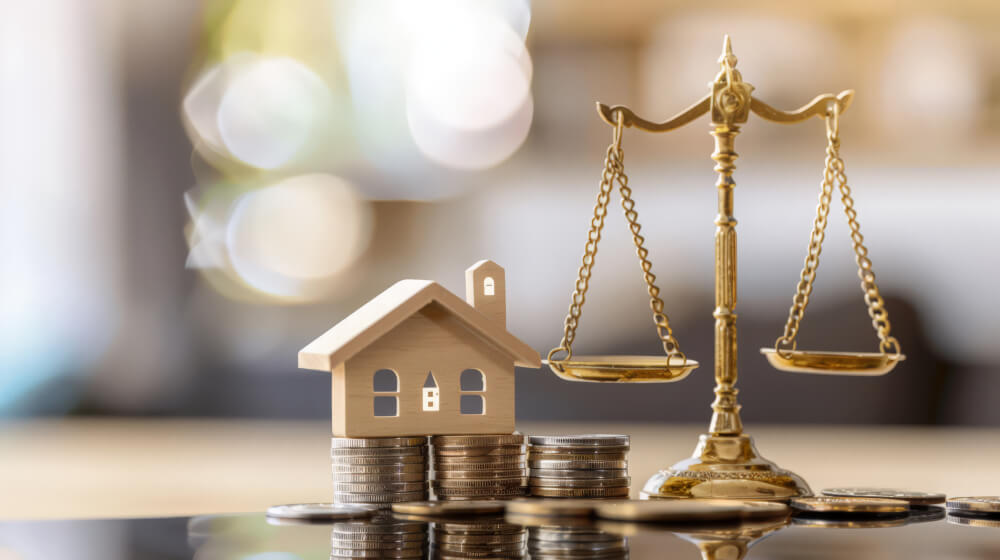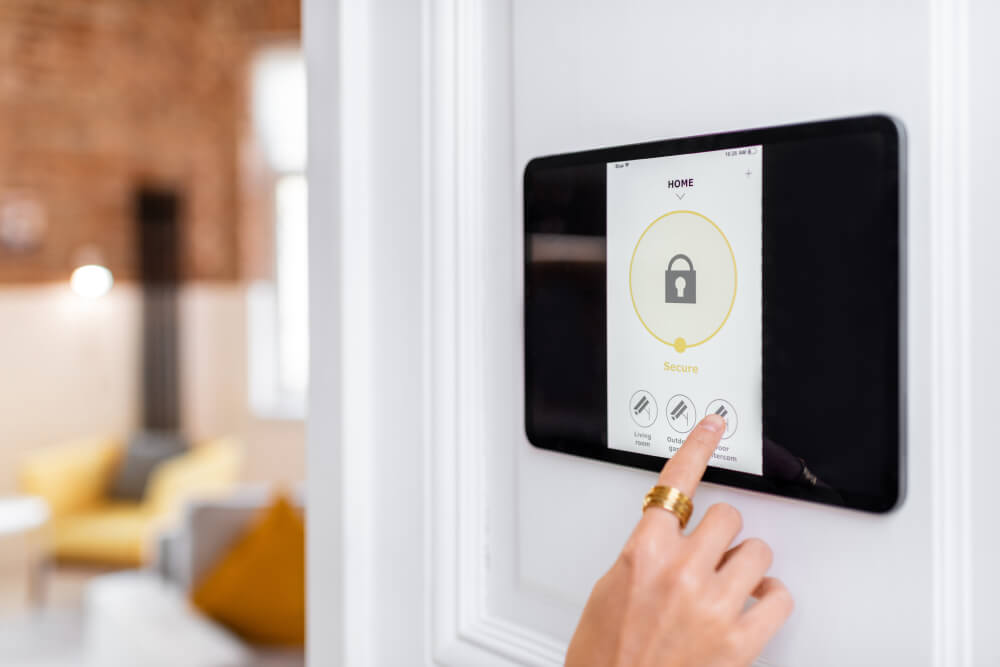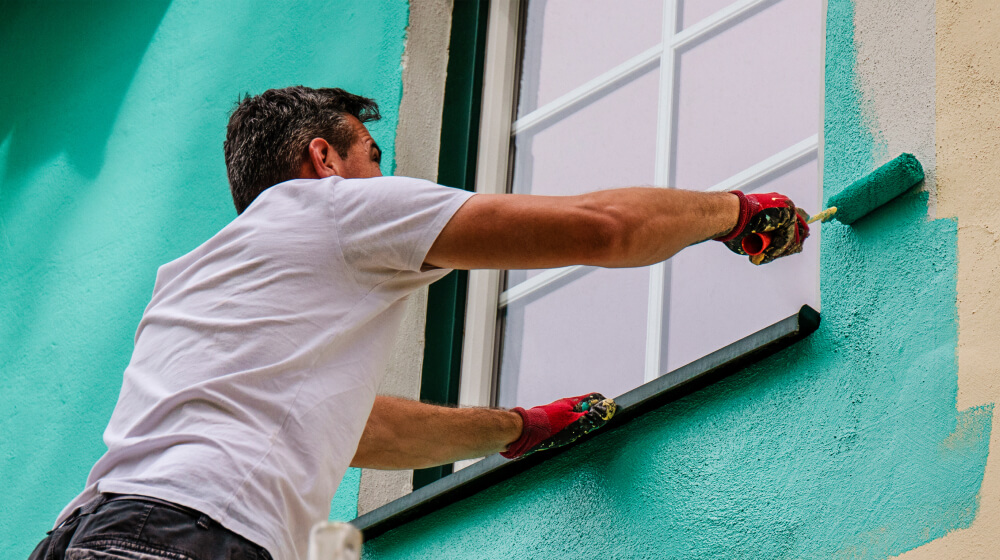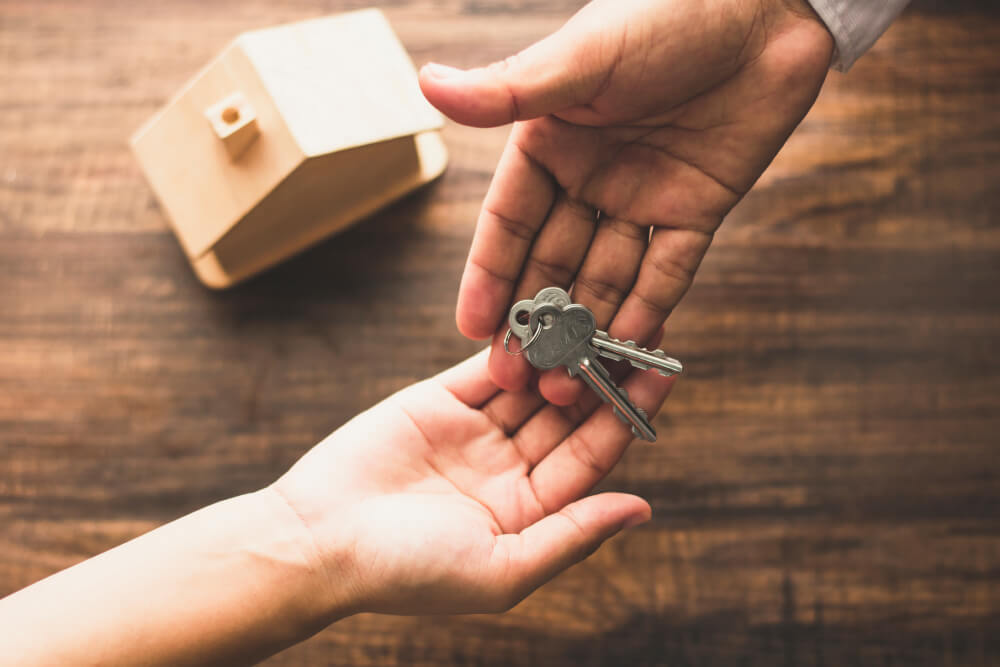1. Providing Education and Resources
Workshops and Seminars- Home Improvement Education: Non-profits often organize workshops and seminars on various aspects of home improvement, covering topics such as project planning, budgeting, and DIY techniques.
- Homeownership Counseling: These organizations provide counseling sessions to educate homeowners on maintaining their properties, understanding mortgages, and preventing foreclosure.
- Guides and Toolkits: Many non-profits offer downloadable guides and toolkits that provide step-by-step instructions on common home improvement projects.
- Informative Articles: Websites of these organizations are often rich with articles and blog posts that offer tips, best practices, and up-to-date information on home improvement and maintenance.
2. Offering Financial Assistance and Grants
Low-Interest Loans- Affordable Financing: Some non-profits provide low-interest loans to homeowners for necessary repairs and improvements, making it easier for them to afford essential work.
- Flexible Terms: These loans often come with flexible repayment terms tailored to the financial situation of the homeowner.
- Renovation Grants: Non-profit organizations may offer grants to low-income homeowners for specific projects, such as energy efficiency upgrades, emergency repairs, and accessibility improvements.
- Subsidized Programs: These organizations sometimes partner with government agencies to administer subsidized programs that help reduce the cost of home improvements.
Join HICP Homeowner’s Alliance
Connect with experts, get special discounts and enjoy member benefits
3. Advocacy and Legal Support
Consumer Protection- Advocacy: Non-profits advocate for homeowners’ rights at the local, state, and national levels, working to influence policies that protect homeowners from predatory practices and ensure fair treatment.
- Regulatory Support: They may support regulatory efforts to strengthen consumer protections in the home improvement industry.
- Dispute Resolution: Non-profits often provide legal assistance to homeowners who are facing disputes with contractors, helping them resolve issues and seek compensation for substandard work or fraud.
- Foreclosure Prevention: Legal aid services offered by these organizations can help homeowners navigate foreclosure proceedings, explore alternatives, and work towards keeping their homes.
4. Ensuring Quality and Fair Practices
Contractor Vetting- Verified Contractors: Non-profits often maintain lists of vetted contractors who have been thoroughly screened for quality, reliability, and fair pricing. This helps homeowners find trustworthy professionals for their projects.
- Referral Services: These organizations may offer referral services to connect homeowners with reputable contractors and service providers.
- Quality Assurance: Non-profits may conduct inspections and quality checks on completed projects to ensure that work meets industry standards and contractual agreements.
- Complaint Handling: They provide a platform for homeowners to file complaints against contractors and seek resolution, helping to hold contractors accountable for their work.
5. Promoting Energy Efficiency and Sustainability
Energy Audits- Home Energy Assessments: Non-profits often offer free or low-cost energy audits to help homeowners identify ways to improve energy efficiency and reduce utility bills.
- Personalized Recommendations: These audits provide personalized recommendations for energy-saving upgrades and practices.
- Green Building Education: Non-profits promote sustainable building practices and materials, educating homeowners on how to make their homes more environmentally friendly.
- Rebate Programs: They may administer rebate programs that incentivize energy-efficient upgrades, such as installing solar panels or upgrading to energy-efficient appliances.
6. Facilitating Community Development
Neighborhood Revitalization- Community Projects: Non-profits often engage in community development projects that improve the overall quality and safety of neighborhoods, such as renovating public spaces and upgrading infrastructure.
- Volunteer Programs: These organizations frequently organize volunteer programs that bring community members together to assist with home repairs and improvements, fostering a sense of community and mutual support.
- Housing Rehabilitation: Non-profits work to preserve affordable housing by rehabilitating older homes and providing resources to low-income homeowners for necessary repairs.
- Homeownership Programs: They offer programs that help low-income families achieve homeownership, including down payment assistance, financial education, and ongoing support.
Non-profit organizations play a vital role in protecting homeowners by providing education, financial assistance, advocacy, legal support, and ensuring quality and fair practices in the home improvement industry. They promote energy efficiency, facilitate community development, and work tirelessly to safeguard the interests of homeowners. By leveraging the resources and support offered by these organizations, homeowners can undertake home improvement projects with greater confidence and security, knowing they have advocates working on their behalf. Whether you’re planning a renovation, facing a dispute, or seeking to improve your home’s energy efficiency, non-profit organizations are valuable allies in achieving your goals and protecting your investment.


